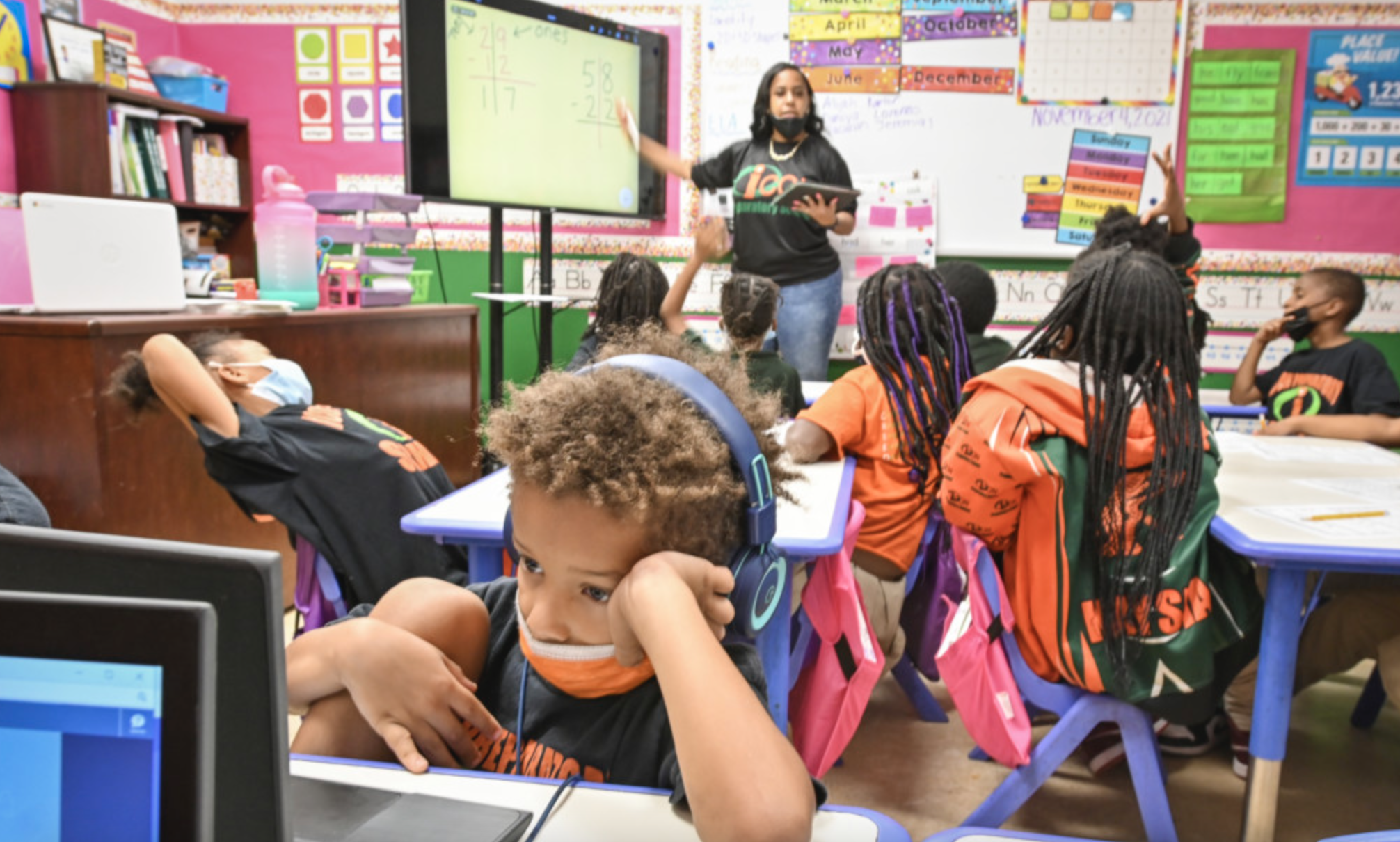Controlling the narrative: Parental choice, Black empowerment and lessons from Florida
The following first appeared in reimaginED.
Editor’s note: This special report was compiled by Denisha Merriweather, director of public relations and content marketing at the American Federation for Children; Dava Hankerson, director of enterprise data and research at Step Up For Students; Nathaniel Cunneen, communications associate at the American Federation for Children; and Ron Matus, director of policy and public affairs at Step Up For Students.
It has been 31 years since the first modern private school choice program began in Milwaukee, 29 years since the first charter school opened in Minnesota, and 10 years since Arizona created the nation’s first education savings account program.
Yet in many states, the opportunity for America’s 7.7 million Black public-school students to access these potentially life-changing learning options remains out of reach.
Florida is a notably bright exception.
Florida has more than 600,000 Black students, among the highest number of any state. It has among the most expansive suite of education choice options. And now it has among the highest number of Black students enrolled in those options.
The latter shouldn’t be a surprise.
Black student achievement across America continues to lag. Black residents are more likely to have negative views of neighborhood schools. Black parents are particularly supportive of school choice.
Yet the extent to which Black parents, educators and communities have embraced choice in Florida has been little noticed by the press, policymakers and the general public, both in Florida and beyond.
This report – a joint effort between Black Minds Matter, the American Federation for Children, and Step Up For Students – seeks to spotlight those trend lines, and to highlight evidence of their positive impact on Black students.
It calls attention to Black educators who have been empowered by choice to innovate.
It also seeks to spur discussion in states where Black parents continue to have few meaningful choices.
Among the key takeaways:
- Black parents want options. In the 2020-21 school year, 112,662 Black students in Florida – about 17 percent of the total – were enrolled in non-district options that did not exist a generation ago, including charter schools, private schools via state-supported scholarships, and home education using state-funded education savings accounts. This figure does not include Black students attending district-run schools of choice such as magnet schools.
- Demand continues to grow. Rising enrollment across multiple choice programs isn’t the only indicator. As but one example, the number of applications completed for Black students seeking income-based private school choice scholarships tripled over the past decade.
- Better outcomes in choice schools. Black students in Florida charter schools outperform their counterparts in Florida district schools, according to state and federal test data. Meanwhile, academic data for Florida’s main private school choice program, while not broken down by race, shows participants enrolling in college and earning degrees at significantly higher rates than like students in district schools.
- Better outcomes in district schools. As choice expands, Black students who remain in Florida district schools are also making strong academic gains, both outpacing Black students nationally and narrowing “achievement gaps” with white students in Florida.
- Opportunities for Black educators. The growth of choice in Florida has bolstered opportunities for Black educators, with thousands more now teaching in Florida choice schools and a growing number founding and/or are leading their own schools. In one state senate district in the city of Jacksonville alone, there are now 26 Black-owned private schools.
To see the full report, click here.




